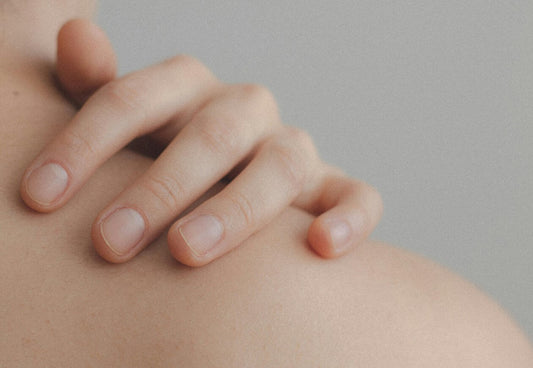
Self-Love vs. Self-Harm
Share
Self-Love vs. Self-Harm – How Do You Treat Your Body?
How many times have we heard “love yourself”? But what does self-love really mean? A wellness day? A new outfit? A bit of rest? Or maybe something much deeper? Self-love isn’t just about pampering yourself—it’s about paying attention to your body’s signals and respecting its needs.
The Freedom of Choice – Are You Building or Breaking Yourself?
If you know your body can’t tolerate certain foods but you still eat them, that’s actually self-harm.
- If you have celiac disease and take “just a small bite” of gluten, you are intentionally exposing your body to inflammation and pain.
- If you’re lactose intolerant but still eat dairy because “you really wanted it,” you are working against yourself.
- If sugar makes you tired, harms your gut, and lowers your energy, but you still consume it, you’re harming yourself.
These choices might bring momentary pleasure, but in the long run, they damage your body. If you constantly treat yourself this way, how can you expect to stay healthy and strong?
Self-Harm vs. Self-Love – Where Do You Draw the Line?
Self-harm isn’t only about physical pain. It includes conscious or unconscious actions that damage yourself:
- Ignoring your body’s signals is self-harm.
- Eating something just to “not upset someone else,” even though it harms you, is self-harm.
- Eating out of guilt and then feeling bad is self-harm.
Self-Love – The Greatest Gift You Can Give Yourself
Self-love means choosing consciously. You say no not because something is forbidden, but because you don’t want to hurt yourself.
- Self-love is choosing foods that support your body.
- Self-love is learning to say no to what doesn’t serve you.
- Self-love is letting go of guilt and accepting that your health is more important than others’ expectations.
How to Shift from Self-Harm to Self-Love
- Notice your body’s signals! When do you feel good? When are you tired, bloated, or moody?
- Stop apologizing! You don’t have to explain why you don’t eat gluten, dairy, or sugar. It’s your choice.
- Be patient with yourself! If you’ve ignored your body’s needs for a long time, it takes time to adopt a new mindset.
- Celebrate your choices! Every time you consciously pick a food that supports your body, recognize it as an act of self-love.
Remember: you’re not depriving yourself of joy—you’re protecting yourself from suffering.
💡 What will you choose today? Self-love or self-harm? 💡



